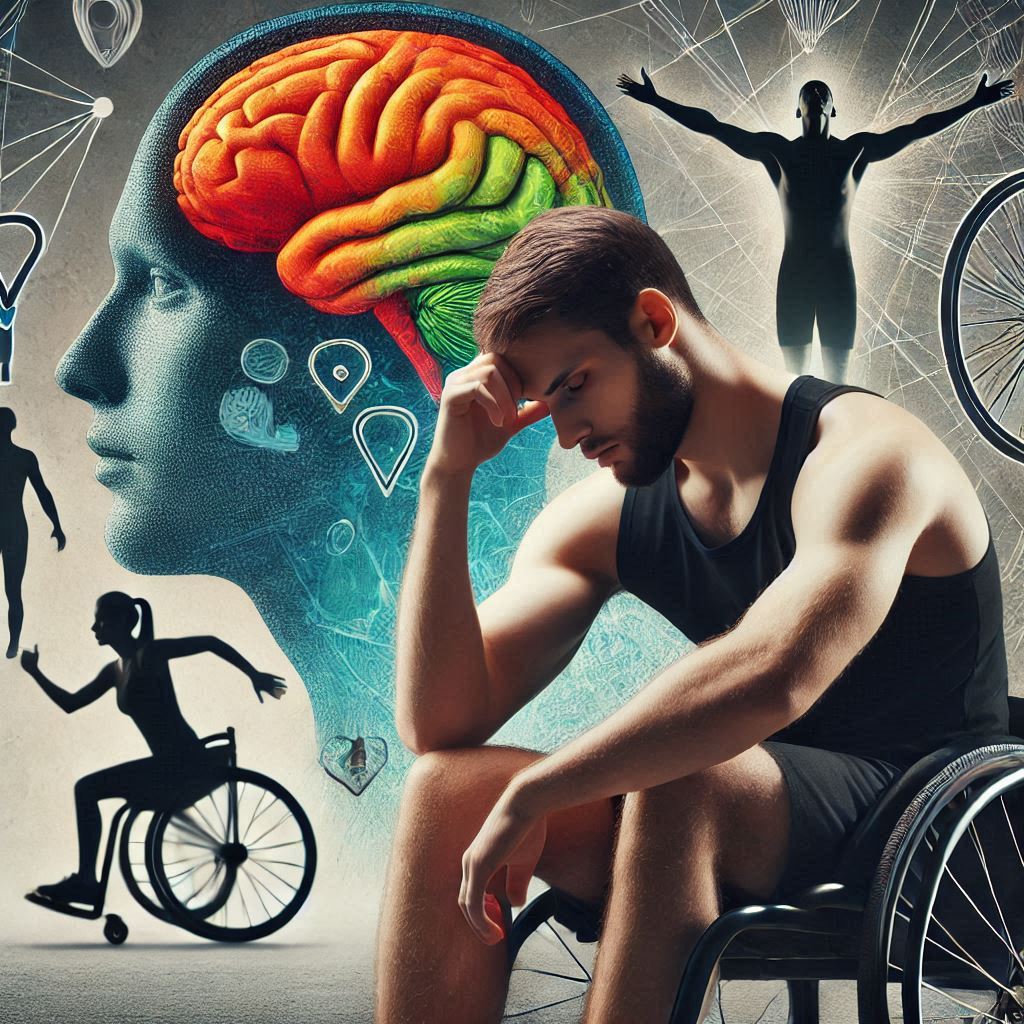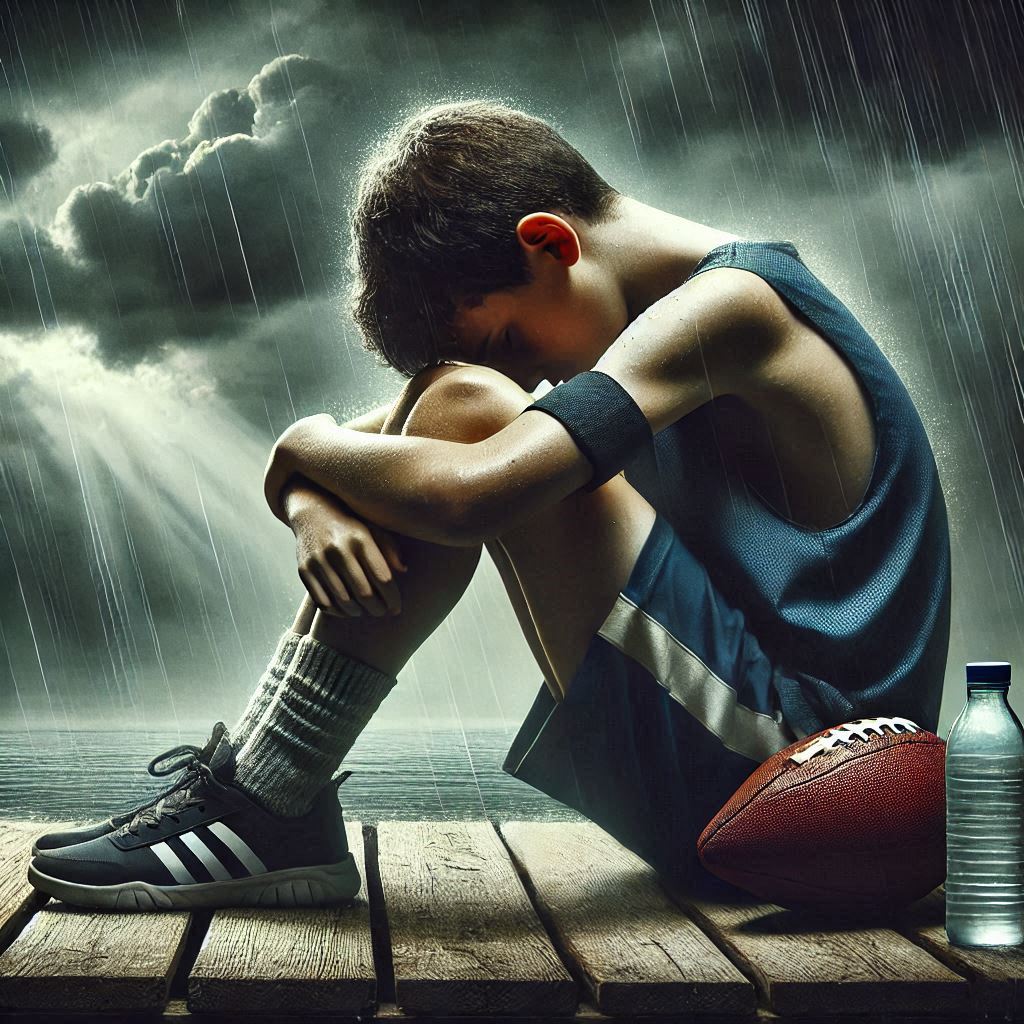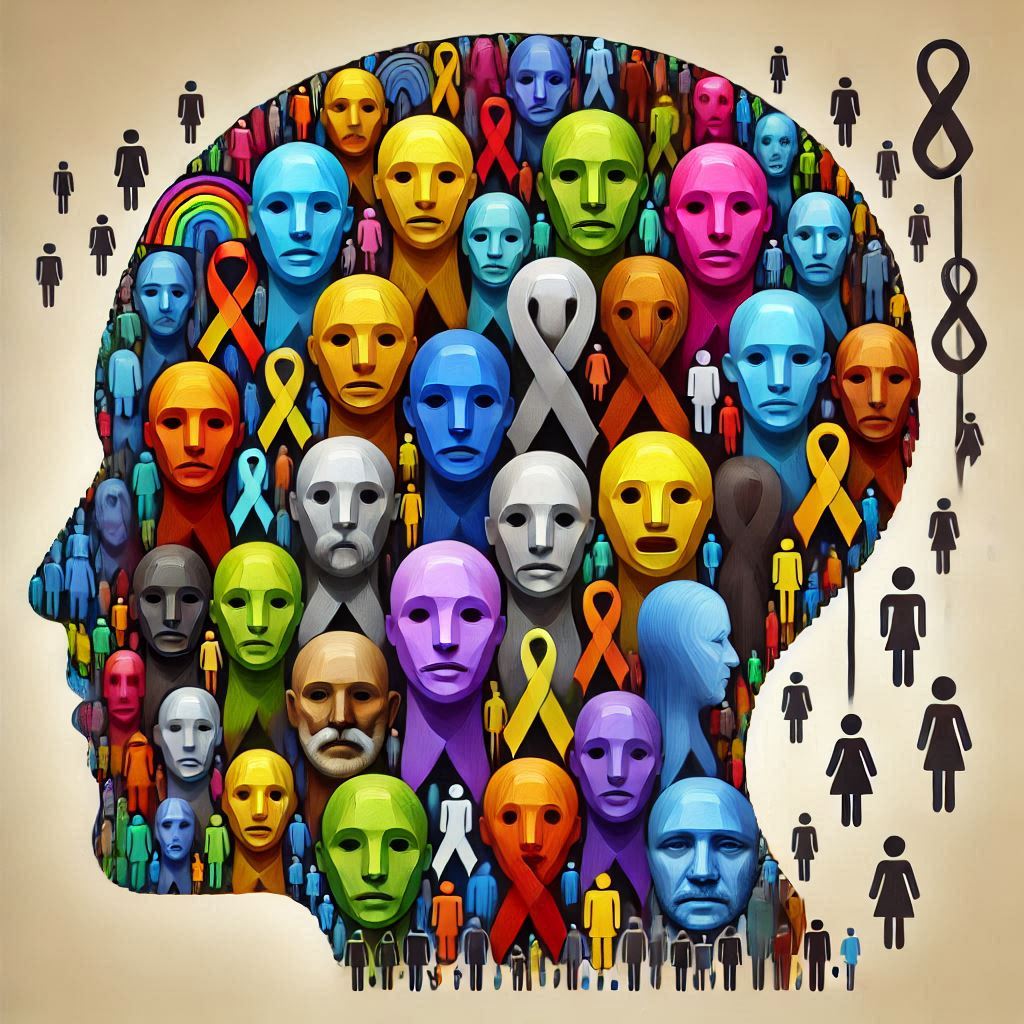Sports Suicide Powerless Sportsperson Reality Of Feeling Like A 0
The Intersection of Suicide and Sports
A Silent Hurtful Struggle
Sports, celebrated for their ability to bring people together and promote physical and mental well-being, are not immune to the devastating impact of suicide. The pressures and expectations placed on athletes, combined with the stigma surrounding mental health in sports, can create a challenging environment for those struggling with suicidal thoughts.
The Pressure to Perform
Athletes, whether amateur or professional, face immense pressure to perform at their best. This pressure comes from various sources, including coaches, teammates, fans, and even themselves. The constant need to meet or exceed expectations can lead to stress, anxiety, and feelings of inadequacy. For some athletes, the weight of these expectations can become overwhelming, contributing to mental health struggles and, in severe cases, suicidal ideation.

Stigma in the Athletic Community
Despite the growing awareness of mental health issues, the stigma surrounding mental health remains prevalent in the sports world. Athletes are often seen as paragons of strength and resilience, leading to the misconception that they are immune to mental health struggles. This stigma can prevent athletes from seeking help, fearing that it may be perceived as a sign of weakness or that it may jeopardize their careers. The reluctance to address mental health concerns openly can exacerbate feelings of isolation and hopelessness.
The Role of Sports Culture
Sports culture, which often emphasizes toughness and perseverance, can inadvertently contribute to the silence surrounding mental health issues. The “tough it out” mentality can discourage athletes from acknowledging their struggles and seeking support. Additionally, the competitive nature of sports can create an environment where vulnerability is seen as a liability rather than a strength. Changing this culture requires a collective effort to prioritize mental health and encourage open conversations about emotional well-being.
The Importance of Support Systems
Having a strong support system is crucial for athletes dealing with mental health challenges. Coaches, teammates, family members, and friends play a vital role in providing emotional support and encouragement. Creating a supportive and understanding environment can make it easier for athletes to open up about their struggles and seek help. Encouraging athletes to prioritize self-care and mental health can lead to a more balanced and sustainable approach to their sport.

Breaking the Silence
To address the issue of suicide in sports, it is essential to break the silence and reduce the stigma surrounding mental health. Initiatives that promote mental health awareness, education, and support can make a significant difference. Encouraging athletes to speak openly about their experiences can help normalize discussions about mental health and create a more supportive community. Additionally, providing access to mental health resources and professionals within the sports community can ensure that athletes receive the help they need.
Personal Impact
The personal toll of suicide extends far beyond the individual athlete. Teammates, coaches, family members, and fans often feel the shockwaves of such a loss. The grief, confusion, and pain can leave lasting emotional scars, affecting relationships and overall well-being. Athletes experiencing the loss of a teammate or peer may find it difficult to cope, and the sense of solidarity within the team can be profoundly shaken. This personal impact underscores the importance of addressing mental health proactively within sports environments to prevent such tragedies.
Environmental Impact
While the environmental impact of suicide might not be immediately evident, it can indirectly influence the sports community. High rates of suicide and mental health issues can lead to increased demands on mental health professionals and resources within athletic organizations. The emotional strain on coaches, trainers, and support staff can result in burnout and reduced capacity to provide effective support. Creating a culture that prioritizes mental health can help mitigate these environmental challenges and foster a more resilient community.

Cultural Impact
Culturally, the perception of suicide within sports communities can either hinder or help efforts to address mental health. In some cases, a culture of silence and toughness can perpetuate stigma and prevent open discussions. Alternatively, when mental health is openly addressed and normalized, it can lead to more supportive and understanding environments. Changing the culture around mental health in sports requires leadership from coaches, athletes, and organizations to advocate for open dialogue and mental health resources.
The Need for Increased Mental Health Care
Given the intense pressures and unique challenges faced by athletes, there is a critical need for increased mental health care within sports. Early intervention and comprehensive mental health support can help athletes manage stress, anxiety, and other mental health concerns before they escalate. Sports organizations should invest in mental health resources, including access to psychologists, counselors, and mental health education programs. By prioritizing mental health, we can create healthier and more sustainable sports environments.
The Unspoken Struggle
One of the most significant challenges in addressing suicide in sports is the unspoken struggle that many athletes face. The worst moments may not occur when an athlete is at their lowest, but rather during a lapse when they have just enough energy to act on their thoughts. This can make it incredibly difficult to ask for help, as the window of opportunity can be fleeting. Athletes may need to find personal anchors, reasons to keep going, and ways to build resilience. Recognizing and addressing these unspoken struggles is crucial in preventing suicide and supporting athletes’ mental health.

The Speed of Suicide
The rapid progression from suicidal thoughts to actions can be particularly dangerous for athletes who are used to acting quickly and decisively. The transition from ideation to action can happen in moments, leaving little time for intervention. This underscores the importance of immediate and accessible mental health support for athletes. Building resilience, having coping mechanisms in place, and ensuring athletes know where to turn for help can be life-saving measures.
Suicide vs. Suicidal Tendencies
It’s essential to differentiate between suicidal tendencies and actual suicide. Suicidal tendencies encompass a range of thoughts, feelings, and behaviors that indicate an individual is considering or planning suicide. These tendencies can be subtle and may go unnoticed by those around the athlete. However, they can escalate to suicide if not addressed. It’s vital to foster an environment where athletes feel safe to discuss their mental health and seek support before reaching a crisis point.
Does Talking About Suicide Work?
The effectiveness of talking about suicide depends on the individual’s personal state and their ability to communicate their feelings. For some athletes, discussing their most personal concerns can be incredibly challenging. The pressure to appear strong and composed can make it difficult to open up. However, creating opportunities for athletes to discuss their mental health in a supportive and non-judgmental environment can be immensely beneficial. Encouraging open conversations about mental health can help normalize these discussions and provide athletes with the support they need.

Public Perception of Suicide
The public perception of suicide as a sign of weakness is a significant misunderstanding that can hinder efforts to address mental health in sports. This misconception often stems from a lack of awareness and empathy towards mental health issues. Challenging these misconceptions and educating the public about the complexities of mental health can help reduce stigma. By fostering a more informed and compassionate understanding, we can create a supportive environment where athletes feel safe to seek help without fear of judgment.
The Fallacy of “It Will Never Happen to Me”
A common belief is that suicide and mental health issues are problems that happen to others, not oneself. However, the reality is that mental health challenges can affect anyone, regardless of their perceived strength or resilience. The unpredictable nature of life means that no one is immune to mental health struggles. By acknowledging this, athletes and those around them can be better prepared to recognize and address mental health concerns. Building resilience, staying informed, and fostering a supportive community can make a significant difference in how individuals cope with mental health challenges.
Supporting Someone with Mental Health Concerns
If you suspect that someone you know is experiencing mental health concerns, approach the situation with gentleness, care, and empathy. Show genuine concern without overwhelming the person. Being authentic and staying calm can create a safe space for the individual to express their feelings. It’s important to recognize that you may not be able to fix everything, and that’s okay. Encouraging the person to seek professional help, being patient, and creating a supportive environment can make a significant difference. Sometimes, just being there for someone can provide the comfort and support they need to navigate their mental health challenges.
The Influence of Media on Athletes’ Mental Health
The role of media in the lives of athletes is a double-edged sword. On one hand, media exposure can elevate an athlete’s career, bringing fame and opportunities. On the other hand, constant scrutiny and criticism can be detrimental to their mental health. The pressure to maintain a positive public image and the fear of negative media coverage can exacerbate stress and anxiety. Media can also perpetuate harmful stereotypes about mental health, making it harder for athletes to seek help. Understanding the impact of media on athletes and promoting responsible journalism can help mitigate these negative effects.

The Importance of Mental Health Education in Sports
Integrating mental health education into sports programs is essential for fostering a supportive environment. Athletes, coaches, and support staff should be equipped with the knowledge and tools to recognize and address mental health issues. Education can dispel myths, reduce stigma, and encourage open conversations about mental health. By incorporating mental health education into training and development programs, sports organizations can create a culture where mental well-being is prioritized alongside physical performance.
The Role of Leadership in Promoting Mental Health
Leadership within sports organizations plays a crucial role in shaping the culture around mental health. Coaches, managers, and team captains can lead by example, demonstrating the importance of mental well-being and encouraging open dialogue. Leadership can advocate for policies and practices that support mental health, such as providing access to mental health resources and promoting work-life balance. By championing mental health, leaders can create an environment where athletes feel supported and empowered to seek help when needed.
Conclusion
The intersection of suicide and sports is a complex and often overlooked issue. The pressures and expectations placed on athletes, combined with the stigma surrounding mental health, create a challenging environment for those struggling with suicidal thoughts. By addressing these challenges and promoting a culture of openness and support, we can work towards creating a healthier and more compassionate sports community.
Recognizing the importance of mental health and providing resources and support for athletes can help reduce the incidence of suicide and its devastating effects. Together, we can foster a sports culture that values emotional well-being and supports athletes in all aspects of their lives. Remember, mental health is just as important as physical health, and seeking support is a sign of strength.

Join the Discussion
We invite you to join the conversation in a gentle way about mental health and suicide prevention in sports.







3 Comments
Comments are closed.